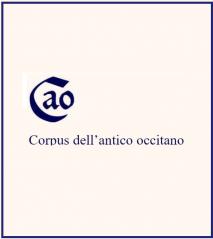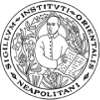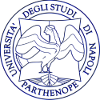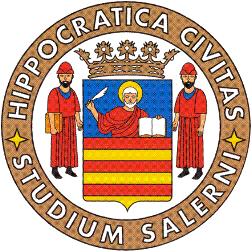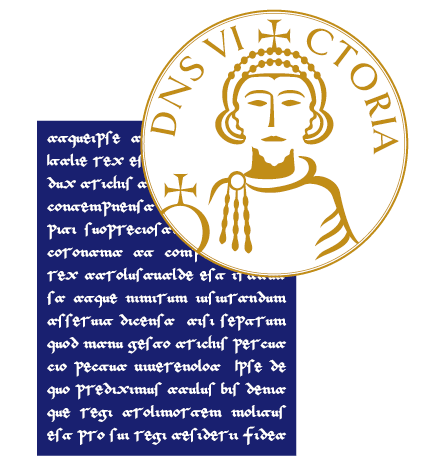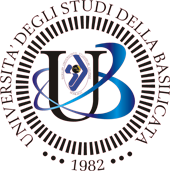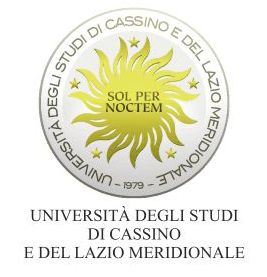CAO. Corpus dell’antico occitano
Keywords:
Letteratura occitana medievale, trovatori, canzonieri, edizioni diplomatiche, edizioni interpretativeSinossi
Editore: FedOA - Federico II University Press
Collana: Fuori collana
Lingua: multilingue
Abstract: Il Corpus dell’antico occitano è un corpus testuale interrogabile sul software Gatto, sviluppato dall’OVI (Opera del Vocabolario Italiano), e leggibile sul Rialto (Repertorio informatizzato dell’antica letteratura trobadorica e occitana). Il corpus include edizioni integrali di canzonieri, di testi lirici a tradizione dispersa e di testi in prosa, tutti in trascrizione sia diplomatica che interpretativa. Relativamente ai canzonieri, che rappresentano la parte più consistente del corpus, si contano 2500 componimenti lirici conservati da una trentina di manoscritti e circa 12000 diverse attestazioni. Sono inclusi, inoltre, diversi testi pratici e religiosi in prosa, e una ventina di testimonianze liriche trasmesse in maniera avventizia. Le edizioni diplomatiche rappresentano una trascrizione fedele che conserva la catena grafica e le abbreviazioni del manoscritto, evitando tuttavia di riprodurre a testo le anomalie della copia, che sono commentate in nota. Nelle edizioni interpretative si sciolgono le abbreviazioni e si dividono le parole secondo l’uso moderno, non si interviene mai sulla lezione del manoscritto, limitandosi a segnalare col corsivo i luoghi di interpretazione controversa, che vengono commentati in nota. In Rialto, le edizioni diplomatiche sono in formato html, mentre quelle interpretative sono scaricabili come file pdf autonomi. In Gatto, il corpus è interrogabile a livello lessicografico e sintagmatico, con la possibilità di confrontare le varie versioni di un dato luogo testuale in versione sinottica.
Downloads
